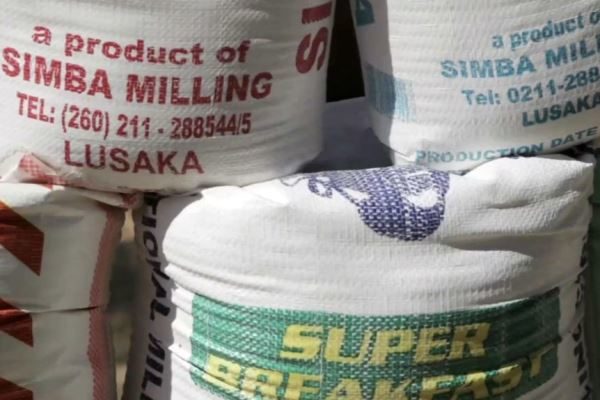By BUUMBA CHIMBULU
THE spike in prices of mealie meal is being driven by immense demand of Zambia’s maize from other countries, President Hakainde Hichilema has told the nation.
[ihc-hide-content ihc_mb_type=”show” ihc_mb_who=”4,5,6″ ihc_mb_template=”2″ ]
Consumers are currently buying a 25-kilogramme of mealie meal between K270 and K320, depending on their location.
Opening the third session of the 13th National Assembly yesterday, Mr. Hichilema expressed fear that Zambia’s food security may be affected, compelling him to announce measures to address the situation.
This was after he expressed concern about the situation and said his administration was doing everything possible to stabilise the price of the commodity.
Mr Hichilema attributed this situation to immense pressure for Zambia’s maize supply due to regional and global supply deficits arising from factors such as climate change and instability in some parts of the world.
“We are very aware about this situation, we are very concerned about this situation and we are doing everything possible to stabilise the price of our staple commodity called maize.
“We are putting in place measures which will cushion the vulnerable in our society and their positive impact will be seen fairly soon,” he said in address delivered under the theme: ìbuilding on the socio-economic gains for improved livelihoods and a better Zambia.î
Mr Hichilema said this after admitting that Zambia’s food security had been impacted as evidenced by rising prices of mealie meal in the country.
Among the measures he announced to address the situation were: increasing the purchase price of maize to K280 from K180 per 50kg bag and establishing a credit window to support small-scale farmers, public sector workers and others with affordable financing for inputs, mechanisation and irrigation.
The President said Government is accelerating farm blocs development, saying construction of roads, water harvesting facilities, dams, skills development centres and amenities such as electricity will be actualized in these farm blocks.
He said government is also targeting small and emergent farmers for mechanisation:
“In 2022, a total of 4, 000 small-scale farmers were provided with tractor-based mechanisation services, exceeding the annual target of 1, 500 farmers.”
He said the mechanisation programme is envisioned to shift farmers from being solely dependent on rainfed agricultural systems to irrigation systems.
“We will continue with construction, rehabilitation and maintenance of water harvesting and irrigation infrastructure across the country. With irrigation, we would like to see two productions in a year, which will help the production of our staple crop maize,” President Hichilema said.
And the President dismissed assertions that the Farmer Input Support Programme (FISP) is being phased out and stated: “We have continued with FISP, we are not about to stop FISP. But we are also looking at the Comprehensive Agriculture Transformation Support Program (CATSP).
We are working hard to transform agriculture.”
He said apart from FISP and CATSP, government, through the Ministry of Community Development and Social Services will continue giving inputs to vulnerable but viable farmers under a rainfed programme.
[/ihc-hide-content]











